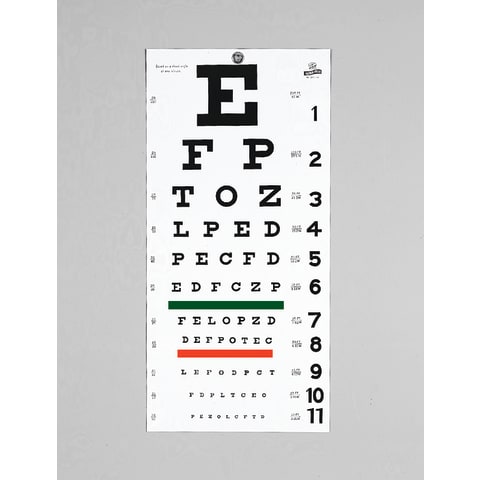Eyesight vs Vision.
Eyesight vs Vision, what's the difference?
If you think they are both the same, well, like me, you are mistaken. I seen an article on this and did a little research. Here is the difference:
![Could supplements actually damage your eyesight? – a[s]g Sport Solutions](https://th.bing.com/th/id/R.c66829d7819c9c56477798e6387d0fc6?rik=8s5vbghiV8pb2g&riu=http%3a%2f%2fwww.asgsport.co.za%2fwp-content%2fuploads%2f2016%2f11%2fbigstock-Womans-eye-and-eyesight-vision-74255179.jpg&ehk=7NYZ2hqcxruhmvV7gb1xS6orvRBPXGMLQXrp7gvISo4%3d&risl=&pid=ImgRaw&r=0)
EYESIGHT:
Eyesight refers to how well the eyes capture images. Also referred to as the actual physical ability to see, regardless of the comprehension or clarity. It is the ability of the eye to function as a sensory organ. Eyesight can change drastically with age, injury, eye disease or your overall health. Some ways to improve Eyesight could be Glasses, Contact Lenses, or in some cases corrective laser eye surgery.
Visual Acuity measures the clarity and sharpness of your eyesight. The three main physical and neurological factors used to determine your visual acuity are
a. How well the Cornea and Lens focus light into the Retina
b. The sensitivity of the nerves in your Retina, as well as the vision centers in your Brain
c. The ability of your brain to interpret the information received from your eyes.
Visual Acuity is measured using a Snellen Eye Chart. Normal Visual Acuity is 20/20, or you are able to see objects from 20 feet away, that you should be able to see from 20 feet away.
VISION:
Vision is the ability to process what we see in order to understand and act on that information. A person with normal vision, can accurately identify objects correctly, and their condition around them, and act or react accordingly.
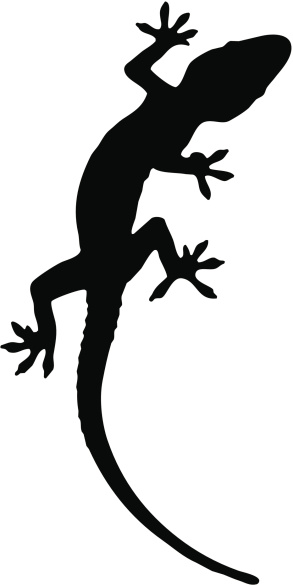
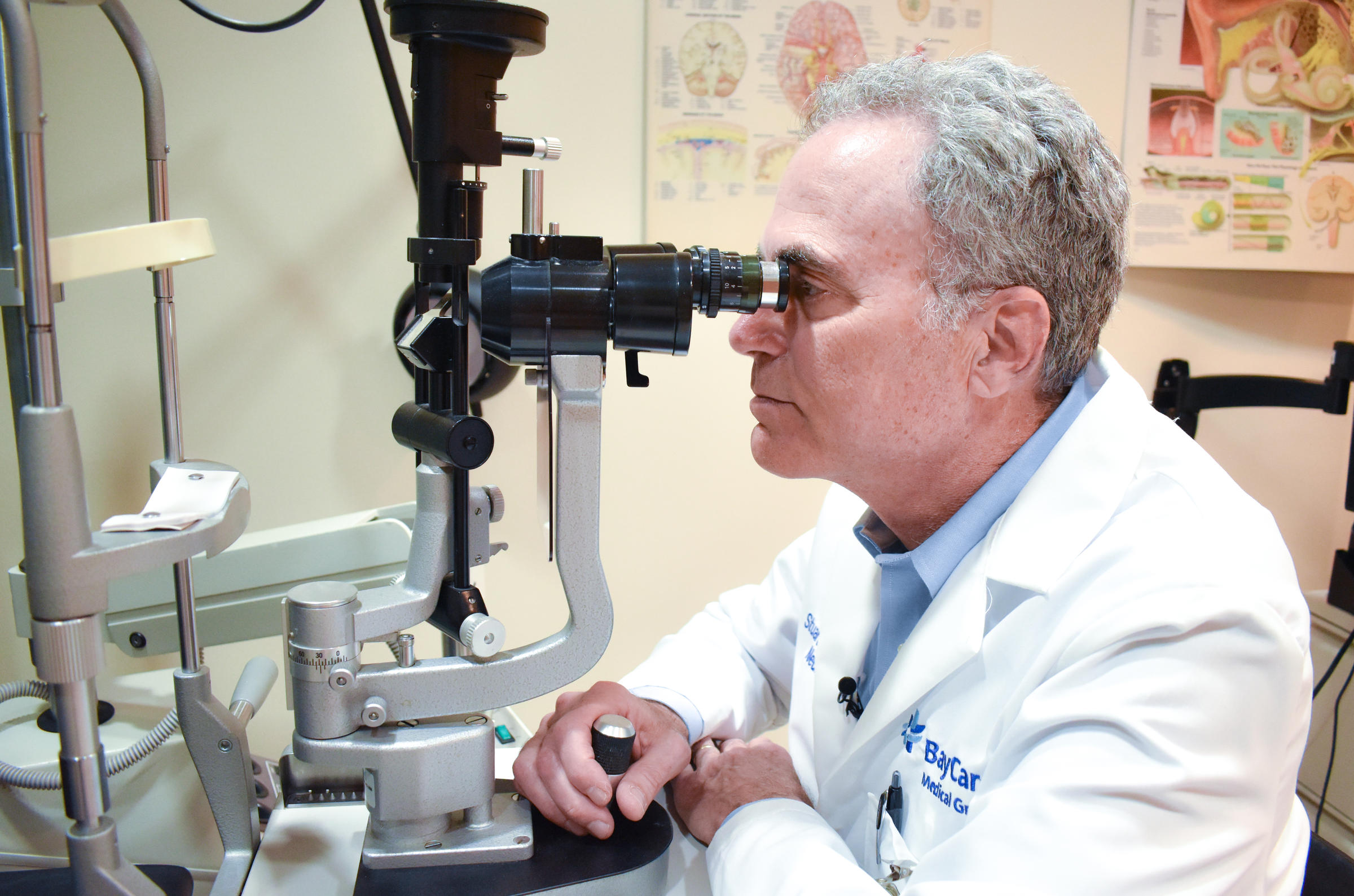
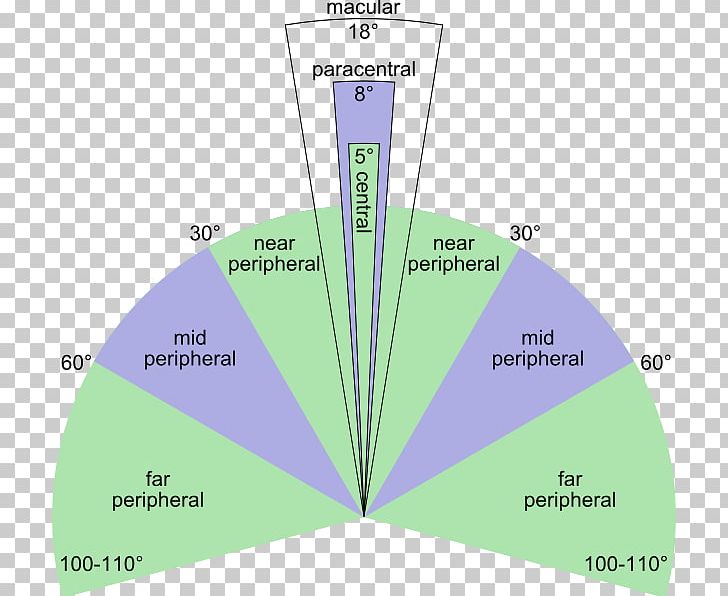
So, having 20/20 Vision Acuity doesn't mean much if your brain cannot process the information correctly that it is receiving from your eyes. What do I mean by that? After my Stroke, I was at Inpatient Rehab, and one night, I seen the shadow of a lizard on the building across the street. Problem is that it was the whole side of the building, and it wasn't a small building, so I estimated the shadow to be 30-40 feet high. They all thought I was crazy and it became a joke, at my expense. I really thought nothing about it until I went to see a Neuro Ophthalmologist. After he examined me, he asked me if I had seen little green men. I asked him what he meant by that, and he explained that I had lost Peripheral vision, and also had several blind spots. He went on to explain that because I had vision loss due to the Stroke, there are blank spaces being relayed from what the eye sees, to the brain. The brain then fills in these blank spaces with random images, explaining that one of his patients was seeing little green men. Jane looked at me and said, "Lizard". We both laughed and let the doctor in on the joke. He then sent me to see a Low Vision Specialist, at the CNIB.
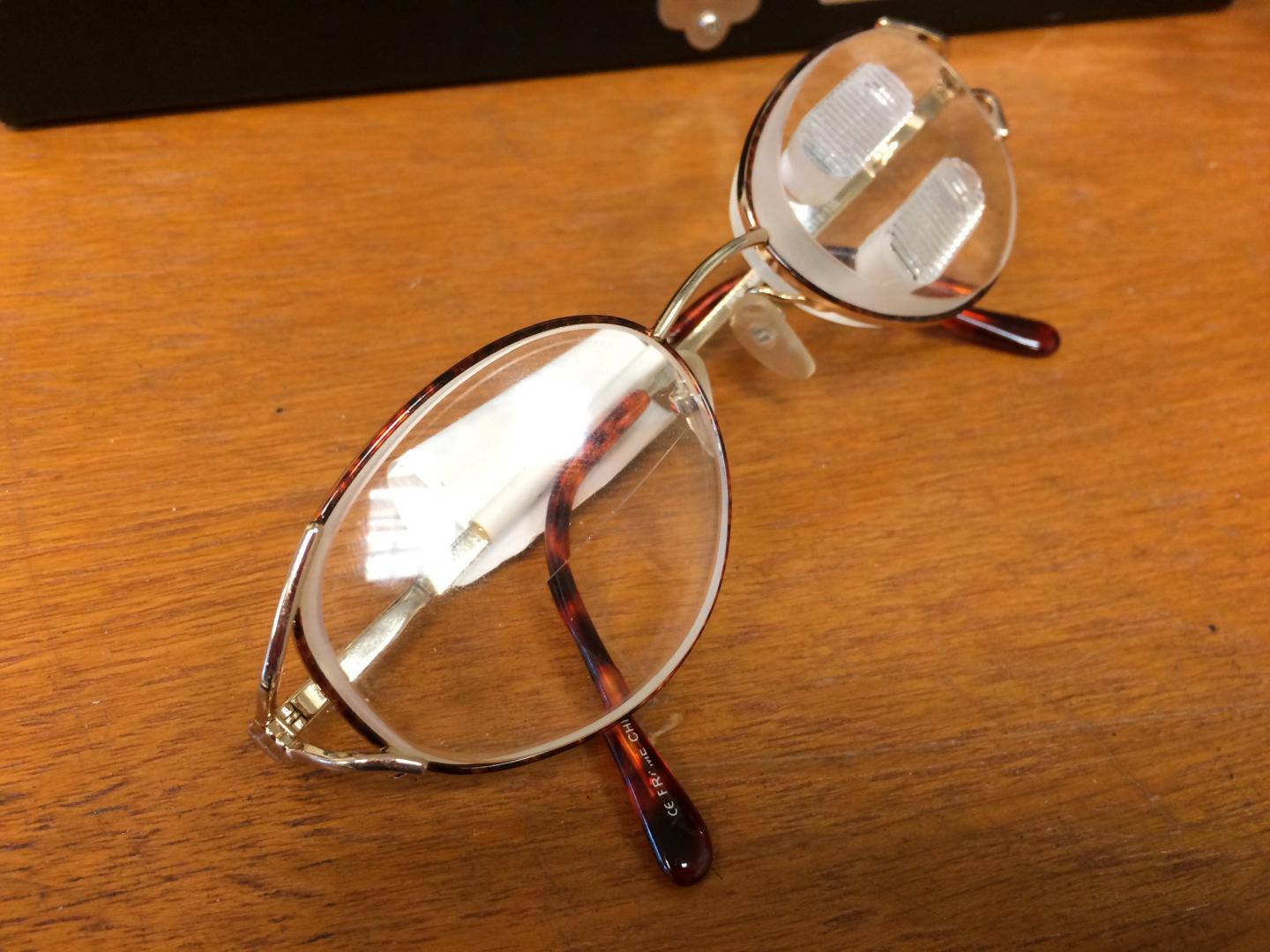


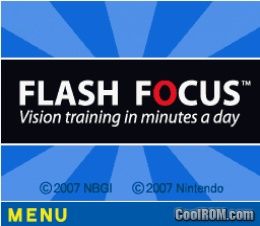
The Low Vision Specialist examined me, and gave me a list of eye exercises to complete daily, and also gave me a pair of glasses with a prism on one side. The glasses were clear, and the only advantage was the prism, which he explained would help direct light to the back of my eye, and hopefully expand my field of vision. I did the daily exercises and wore the glasses as much as possible, and my field of vision expanded almost immediately. I then read an article on another Stroke Survivor who had great success with the Nintendo DS, and a game called Flash Focus. We searched for the system and game, and found out that Nintendo no longer supported the DS system, and moved on to a much more advanced system, maybe the Nintendo Switch. But we found that people who once owned the DS, had moved on as well, and there were numerous systems available. Plus, Flash Focus was one of the games that came with the system, when it was purchased new. We found a complete system nearby for sale, within a couple of minutes, so we purchased it. This system did exactly what it claimed to do, and guess what? At the end of each day of training, the game talked you through the same eye exercises. I played Flash Focus 4 times a day, and I believe it improved my Hand / Eye coordination, memory, reaction speed, and improved my problem solving skills, and more importantly my vision. Jane's mom is 89 years young, and enjoys playing games, and is really keen in catching on to new things, so we gave her a complete system for Christmas this year. After playing for just two weeks, she claimed it helped her eyesight and really helped speed up her decision making skills, when playing games with her friends. The game is a touch screen, easy to play, and tracks your daily progress. I highly recommend this to all people suffering a Neurological injury such as a Stroke, or someone who want to slow down their eye aging process. We believe in it so much that we searched out and purchased numerous complete Nintendo DS systems, which include the Console, Stylus, Charger, and the Flash Focus game, and sell these on our website. Nintendo DS, Flash Focus Game, Charger and Stylus with case – JGH Rehab.
What we found was that when we were looking for the systems, most people had pieces missing, so in order to build complete systems, that had a functional touch screen, we had to search carefully, and buy 3-4 to build 2. So if you want a Nintendo DS system, with Flash Focus, save yourself some time and order it online at JGH Rehabilitation & Consulting Services Ltd.
Henry Hoffman, Saebo Co-Founder, wrote this article, which is a great read, and full of helpful information.
Eye Exercises after a Stroke, Get Started with Recovery (saebo.com)
All content provided on this blog is for informational purposes only and is not intended to be a substitute for professional medical advice, diagnosis, or treatment. Many opinions and viewpoints are based on my own Personal Stroke Recovery journey. As every Stroke is different, so is every Stroke Recovery. Always seek the advice of your physician or other qualified health providers with any questions you may have regarding a medical condition. If you think you may have a medical emergency, call your doctor or 911 immediately. Reliance on any information provided by the JGH Rehab website is solely at your own risk.

